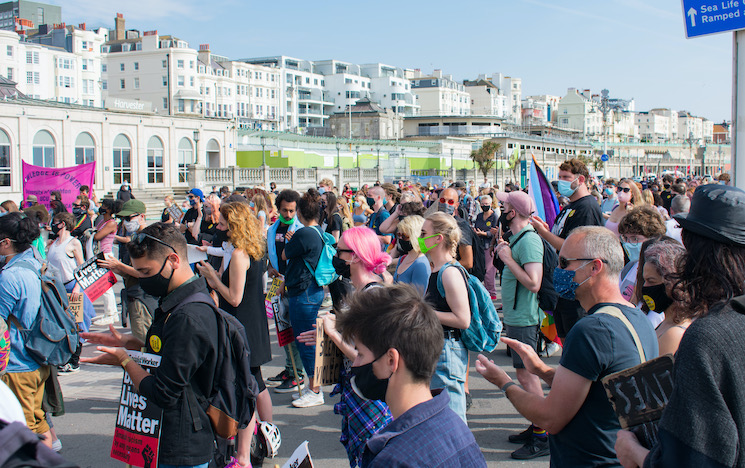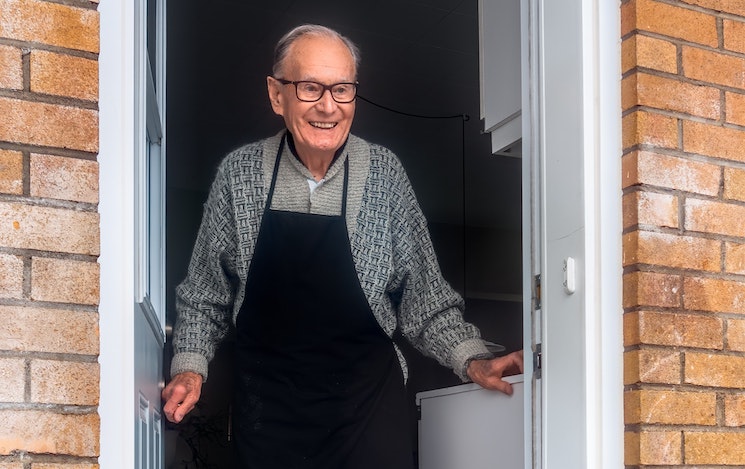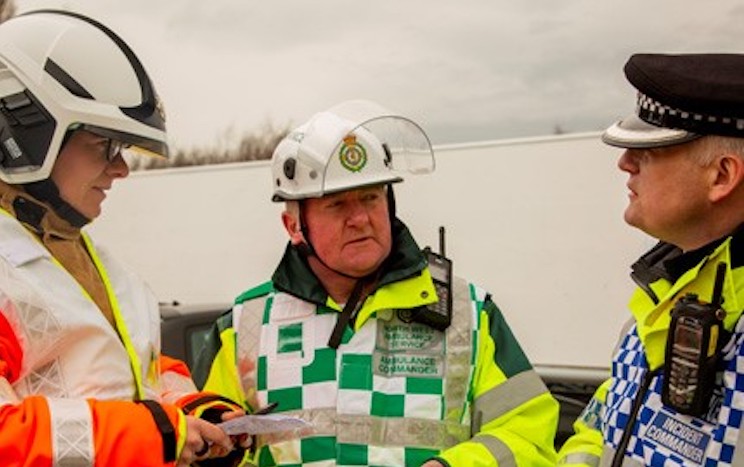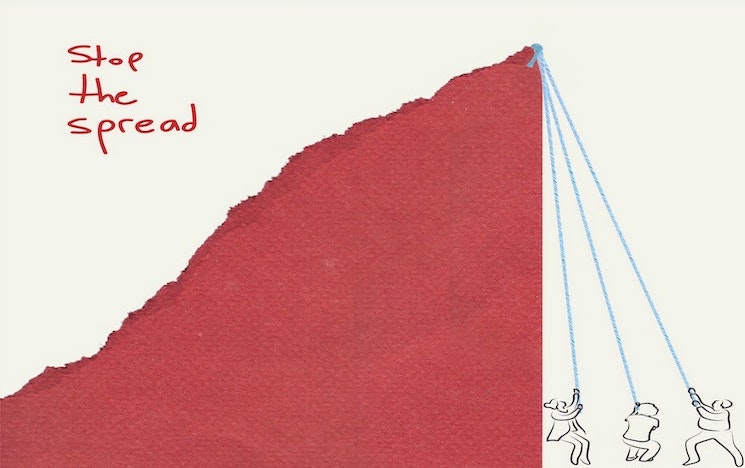
Groups and COVID
Facilitating the public response to COVID-19 by harnessing group processes
People, outputs, and impact







There is international recognition that effective response to Covid-19 is dependent upon the public acting collectively and for the common good. This is important in terms of adherence to preventative measures, which, especially for low-risk groups, is as much about protecting others as protecting oneself. It is important in terms of volunteering and mutual aid, which is critical in complementing the official response by supporting and sustaining people through the pandemic. It is also important in terms of maintaining social cohesion and avoiding social disorder. This multi-method project builds upon understandings of psychological group processes to address how to develop and sustain shared identity and social solidarity during pandemics. It is organised around three interrelated strands that together address the issues of adherence, mutual aid and social order.
The first strand uses experiments to examine the impact of collective identification on adherence, the role of leadership in developing collective identification, and how coverage of others' positive or negative behaviours (e.g., volunteering vs. stockpiling) impacts collective identity and adherence to preventative measures. The second strand uses interview and survey methods to understand why people join emergent mutual aid groups, the effects of participation upon efficacy and well-being, and how such groups can be sustained over time. The third strand uses ethnographic interviews to examine the UK's security and civil contingency response to the pandemic and enforcement data to understand how responder actions impact upon community relations, adherence and social tensions.
This research is funded by the ESRC, Ref ES/V005383/1, and more information about this project can be found here.


